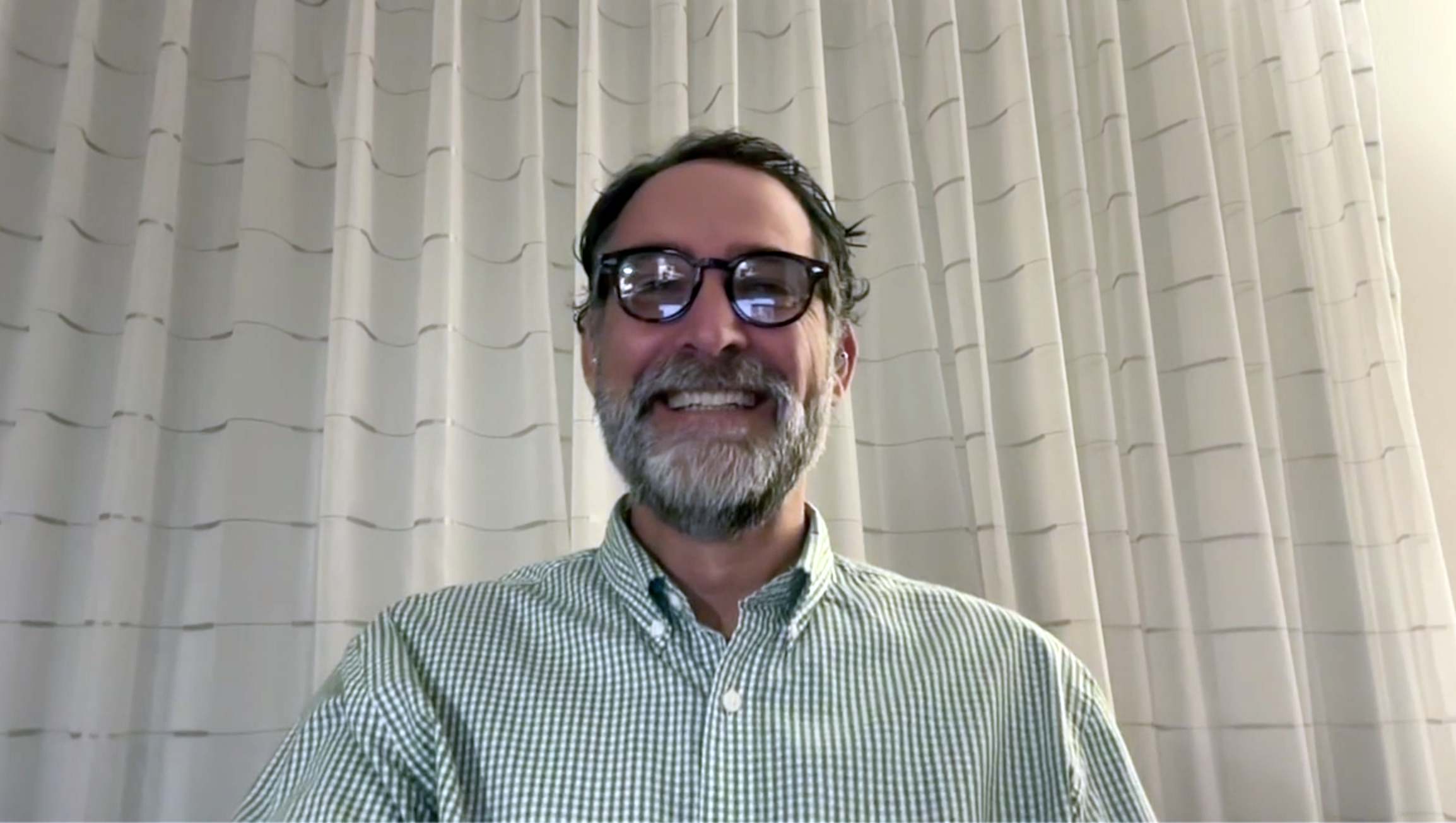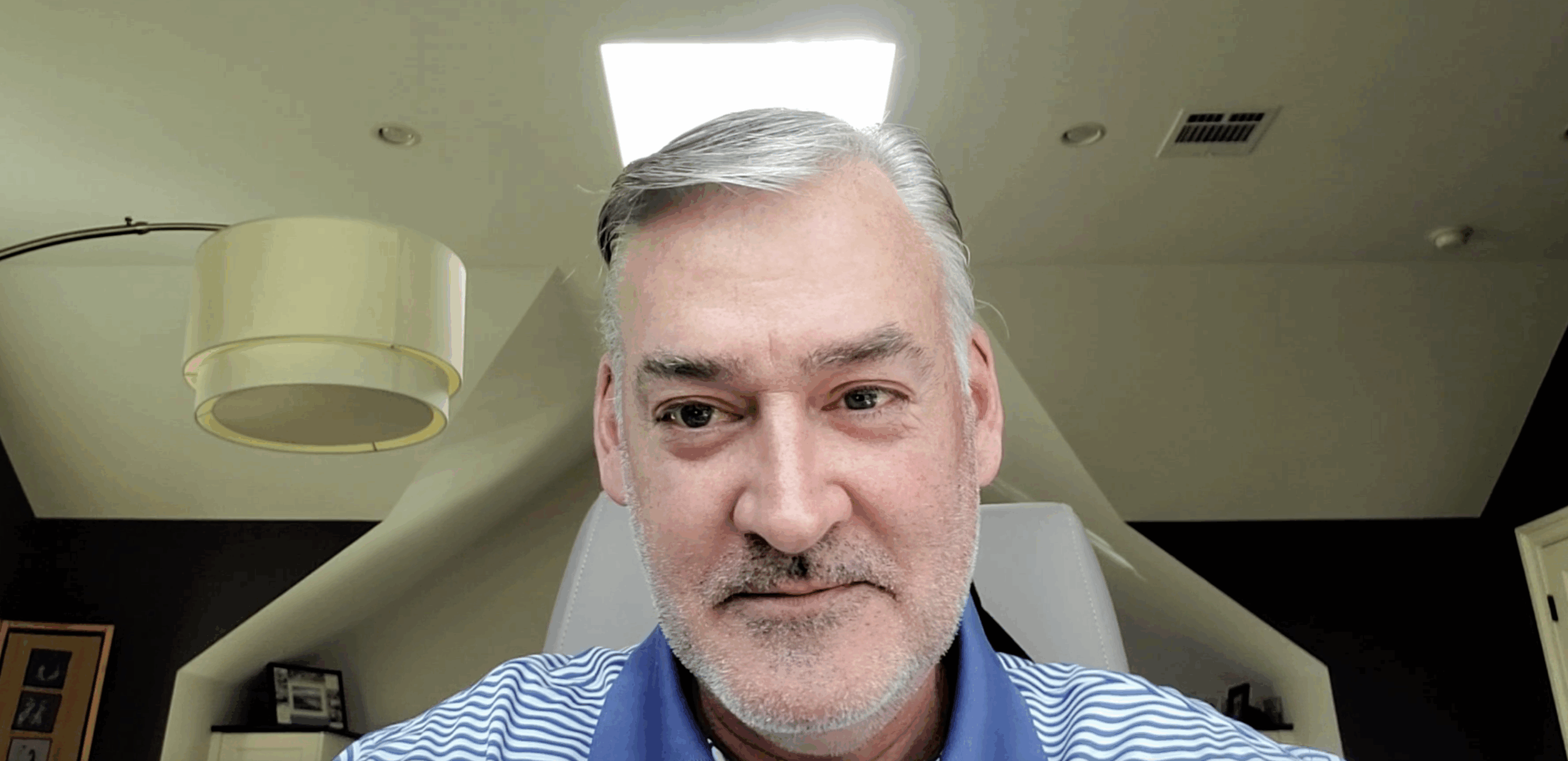Index
- Guest Bio
- The One-Size-Fits-All Fallacy
- Building a Learning Culture: Jeff’s Success at Cornerstone OnDemand
- Precision Skill Development: The Game Changer
- Cultivating a Feedback-Driven Culture
- Overcoming Challenges: Lessons Learned
- Final Thoughts: The Future of Learning and Development
- Ready to Push Boundaries?
- Episode Summary
- Resources & Links
- Key Takeaways
- Chapters
Guest Bio
Jeff Miller is a learning and development (L&D) veteran with over 30 years of experience. He holds a PhD in Educational Psychology and has served as Chief Learning Officer and Vice President of Learning and Organizational Effectiveness at Cornerstone OnDemand. Currently, Jeff is a partner at Door2, where he continues to champion innovative and effective training strategies.
The One-Size-Fits-All Fallacy
Jeff begins his story with a humorous anecdote: during a training session in the UK, he and his colleague unwittingly caused confusion with the term “tossing,” which has a different connotation in British English. This miscommunication highlighted the dangers of assuming that training methods translate seamlessly across cultures. Jeff’s takeaway? “Cultural nuances matter—training must be tailored to its audience.”
Building a Learning Culture: Jeff’s Success at Cornerstone OnDemand
When Jeff joined Cornerstone OnDemand in 2013 as their first internal L&D resource, he faced the daunting task of building a learning culture from scratch. Rather than relying on generic programs, Jeff implemented a four-tier system tailored to meet the needs of various employee levels:
- Leadership Training: Programs focused on motivating teams, managing psychological stress, and navigating change.
- Management Training: Tools like Situational Leadership and Crucial Conversations equipped managers with practical skills.
- Individual Contributor Development: Resources such as tuition reimbursements and online learning platforms enabled self-paced skill-building.
- Employee-Led Learning Days: Staff members suggested and facilitated courses, fostering ownership and collaboration.
The result? Over 60,000 hours of employee-driven training in five years, creating a vibrant culture of continuous learning.
Precision Skill Development: The Game Changer
Jeff’s approach challenges the notion that one trainer can address a variety of skills across disciplines. Instead, he advocates for Precision Skill Development, a targeted methodology where employees are paired with subject matter experts to address specific skill gaps. “Generic training wasn’t cutting it,” Jeff explains. “Matching employees with the right experts maximized engagement and performance.”
Cultivating a Feedback-Driven Culture
Jeff emphasizes that feedback is integral to effective learning. Traditional training programs often overlook this crucial element, but Jeff sees feedback as a process of co-construction—where employees and leaders collaborate to deepen understanding. “True learning happens through dialogue,” he states.
He also highlights the importance of teaching employees how to ask for feedback constructively, ensuring it’s actionable rather than vague validation.
Overcoming Challenges: Lessons Learned
Managing a global training program wasn’t without obstacles. From balancing regional needs to handling overwhelming demand, Jeff navigated complexities by focusing on continuous improvement:
- Capacity Constraints: Early iterations of programs faced issues like overcrowding and uneven attendance. Jeff’s solution was to optimize course offerings and improve facilitation support.
- Avoiding One-Shot Training: By incorporating ongoing coaching and multi-tiered programs, he ensured learning was sustainable and impactful.
- Scaling Globally: Operating programs across time zones required flexibility and clear communication to maintain quality.
Final Thoughts: The Future of Learning and Development
Jeff’s journey underscores the need for tailored, precision-driven training programs in today’s dynamic work environment. “If training doesn’t reflect the unique needs of your workforce, it’s bound to fail,” Jeff remarks. His advice to organizations is clear: move beyond generic solutions, foster feedback cultures, and prioritize continuous learning.
In Jeff’s words, “If you can’t learn in a way that works for you, how can you grow?”
Ready to Push Boundaries?
Jeff Miller’s journey serves as a blueprint for what’s possible when organizations prioritize precision, feedback, and cultural sensitivity in their training programs. By embracing these principles, leaders can foster an environment where employees thrive, learning becomes a dynamic process, and innovation flourishes. Are you ready to push boundaries and reimagine the way your organization learns and grows?
For a deeper dive into the conversation, watch the full episode here:
Or you can listen here:
Episode Summary
In this episode, Jeff Miller reflects on his journey in L&D, from humorous cultural missteps to building a world-class learning culture at Cornerstone OnDemand. He shares actionable insights on fostering feedback, embracing precision skill development, and creating programs that resonate across organizational levels.
Resources & Links
- Learn more about Jeff Miller
- Explore Growthspace
Key Takeaways
- Cultural Sensitivity Matters: Training must be contextually relevant to its audience.
- Precision Skill Development: Match employees with experts to address specific needs.
- Feedback is Critical: Build a culture where asking and acting on feedback is the norm.
- Employee-Led Learning Works: Empowering staff to teach fosters ownership and collaboration.
- Sustainability Over One-Shot Training: Offer ongoing support for lasting impact.
Chapters
- 00:00 – Tossing Rings: A humorous cultural misstep underscores the importance of tailoring training to different audiences.
- 09:57 – Building a Learning Culture: Jeff shares how he transformed Cornerstone OnDemand into a hub for employee-driven learning.
- 16:14 – Precision Skill Development: Jeff explains the game-changing impact of pairing employees with subject matter experts.
- 18:20 – Fostering Feedback: Discover how feedback can be co-constructed to drive deeper understanding and growth.
- 23:58 – Navigating Challenges: Lessons Jeff learned from balancing capacity, regional needs, and scaling globally.
- 28:15 – Embracing Continuous Learning: Jeff highlights the shift from one-shot training to sustainable development models.
- 34:03 – The Future of L&D: Jeff shares his vision for personalized, feedback-driven, and culturally sensitive training programs.
- 37:31 – Ready to Push Boundaries: Jeff wraps up with a call to action for leaders to reimagine their approach to learning and growth.




